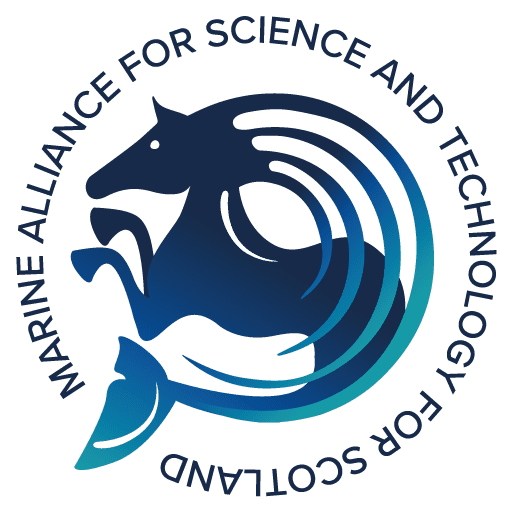MASTS supported work published: Inter- and Intra-Annual Bacterioplankton Community Patterns in a Deepwater Sub-Arctic Region: Persistent High Background Abundance of Putative Oil Degraders
This publication was partially supported by the MASTS PECRE grant (project NEADMICRO) to T.G.
ABSTRACT
Hydrocarbon-degrading bacteria naturally degrade and remove petroleum pollutants, yet baselines do not currently exist for these critical microorganisms in many regions where the oil and gas industry is active. Furthermore, understanding how a baseline community changes across the seasons and its potential to respond to an oil spill event are prerequisites for predicting their response to elevated hydrocarbon exposures. In this study, 16S rRNA gene-based profiling was used to assess the spatiotemporal variability of baseline bacterioplankton community composition in the Faroe-Shetland Channel (FSC), a deepwater sub-Arctic region where the oil and gas industry has been active for the last 40 years. Over a period of 2 years, we captured the diversity of the bacterioplankton community within distinct water masses (defined by their temperature and salinity) that have a distinct geographic origin (Atlantic or Nordic), depth, and direction of flow. We demonstrate that bacterioplankton communities were significantly different across water samples of contrasting origin and depth. Taxa of known hydrocarbon-degrading bacteria were observed at higher-than-anticipated abundances in water masses originating in the Nordic Seas, suggesting these organisms are sustained by an unconfirmed source of oil input in that region. In the event of an oil spill, our results suggest that the response of these organisms is severely hindered by the low temperatures and nutrient levels that are typical for the FSC.

